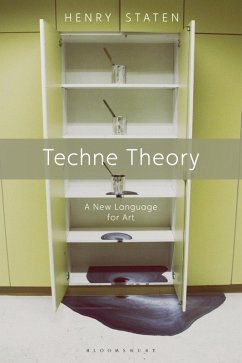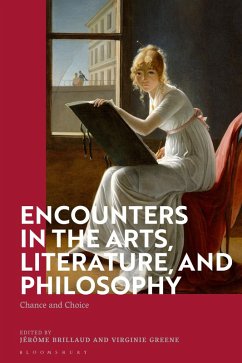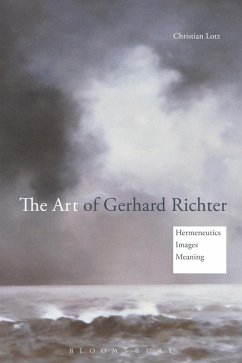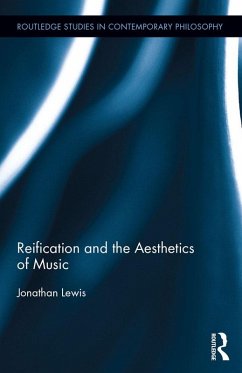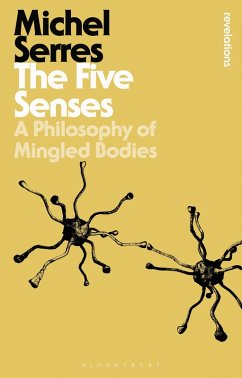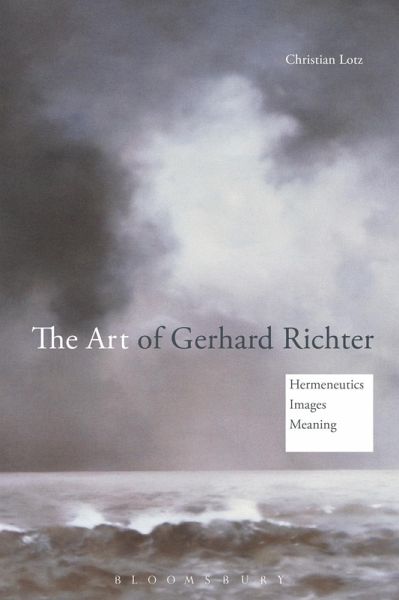
The Art of Gerhard Richter (eBook, ePUB)
Hermeneutics, Images, Meaning

PAYBACK Punkte
15 °P sammeln!
The Art of Gerhard Richter: Hermeneutics, Images, Meaning presents the first philosophical investigation of, arguably, one of the most popular and important painters working today, Gerhard Richter. From monochrome painting and photo realism to conceptual art and gesture-expressive painting, Richter has transformed the spectrum of 20th-Century painting. Building upon Gadamer's notion of 'formed images', the book outlines elements of a hermeneutics and a phenomenology of images and paintings. Moreover, the hermeneutic approach to art is combined with the crucial question of how paintings and pho...
The Art of Gerhard Richter: Hermeneutics, Images, Meaning presents the first philosophical investigation of, arguably, one of the most popular and important painters working today, Gerhard Richter. From monochrome painting and photo realism to conceptual art and gesture-expressive painting, Richter has transformed the spectrum of 20th-Century painting. Building upon Gadamer's notion of 'formed images', the book outlines elements of a hermeneutics and a phenomenology of images and paintings. Moreover, the hermeneutic approach to art is combined with the crucial question of how paintings and photographs are related to each other for Richter. The author suggests that paintings "open up" the fixed relation and intentionality of photographs by idealizing and essentializing the content of the photographs. By relying upon a hermeneutical and phenomenological approach, rather than working from abstract theory, The Art of Gerhard Richter provides philosophical insights developed out of Richter's works of art. Uncovering key philosophical aspects of Richter's work, the author's reflections discuss the relation between appearance and essence, the role of faith and hope, the dialectic of distance and nearness, the issues of death and terror, and the role of beauty and landscapes in Richter's paintings.





